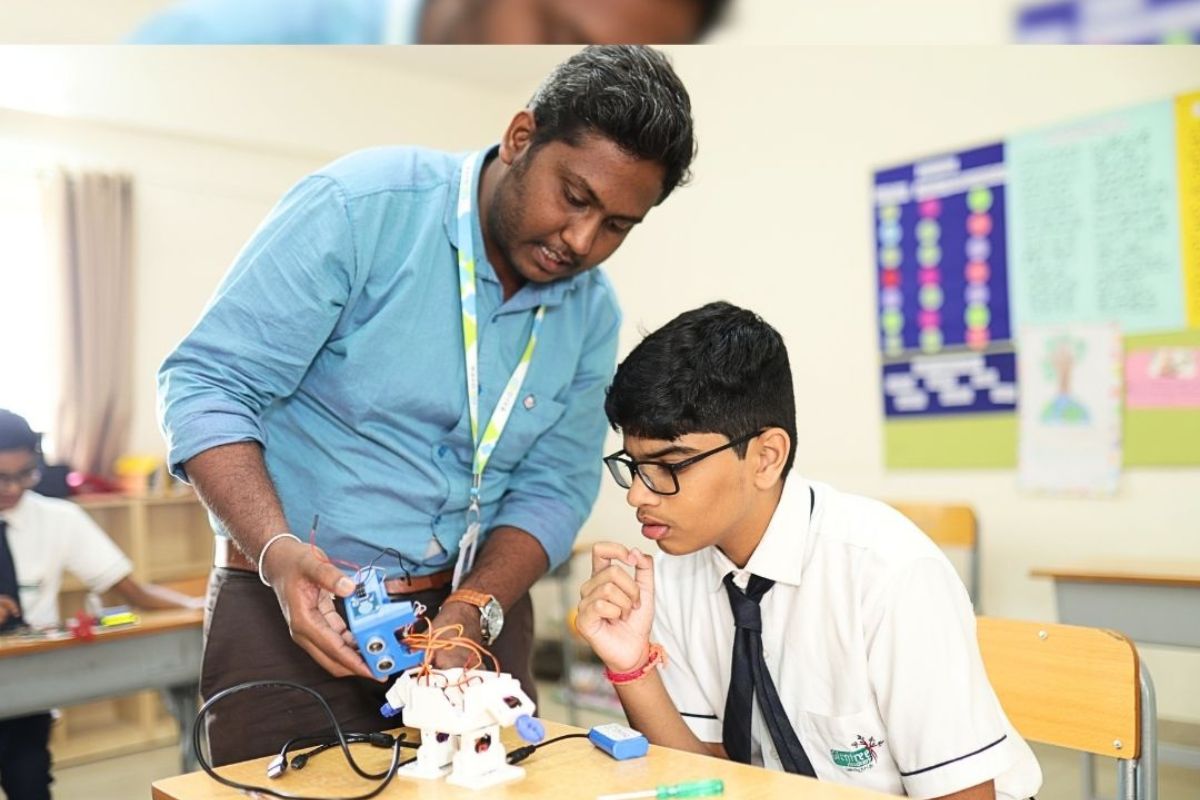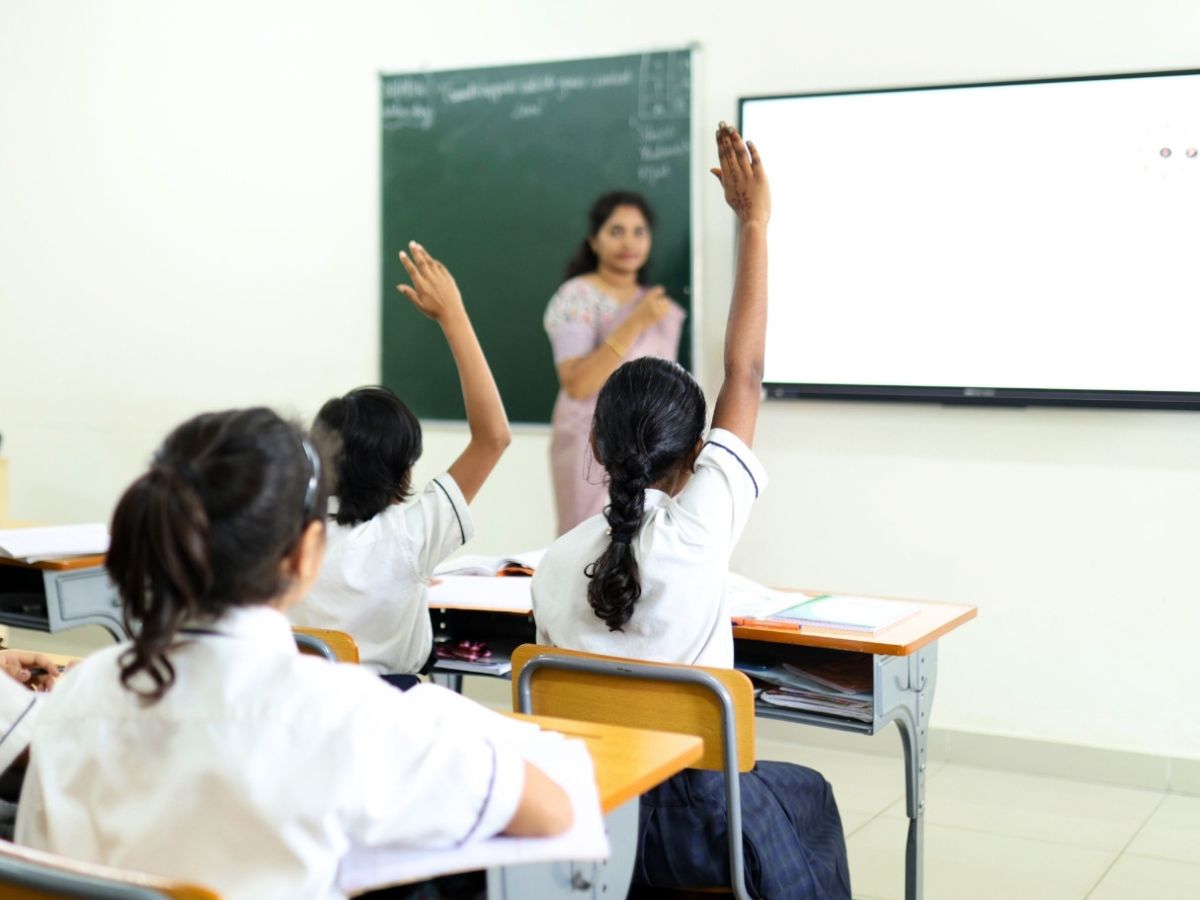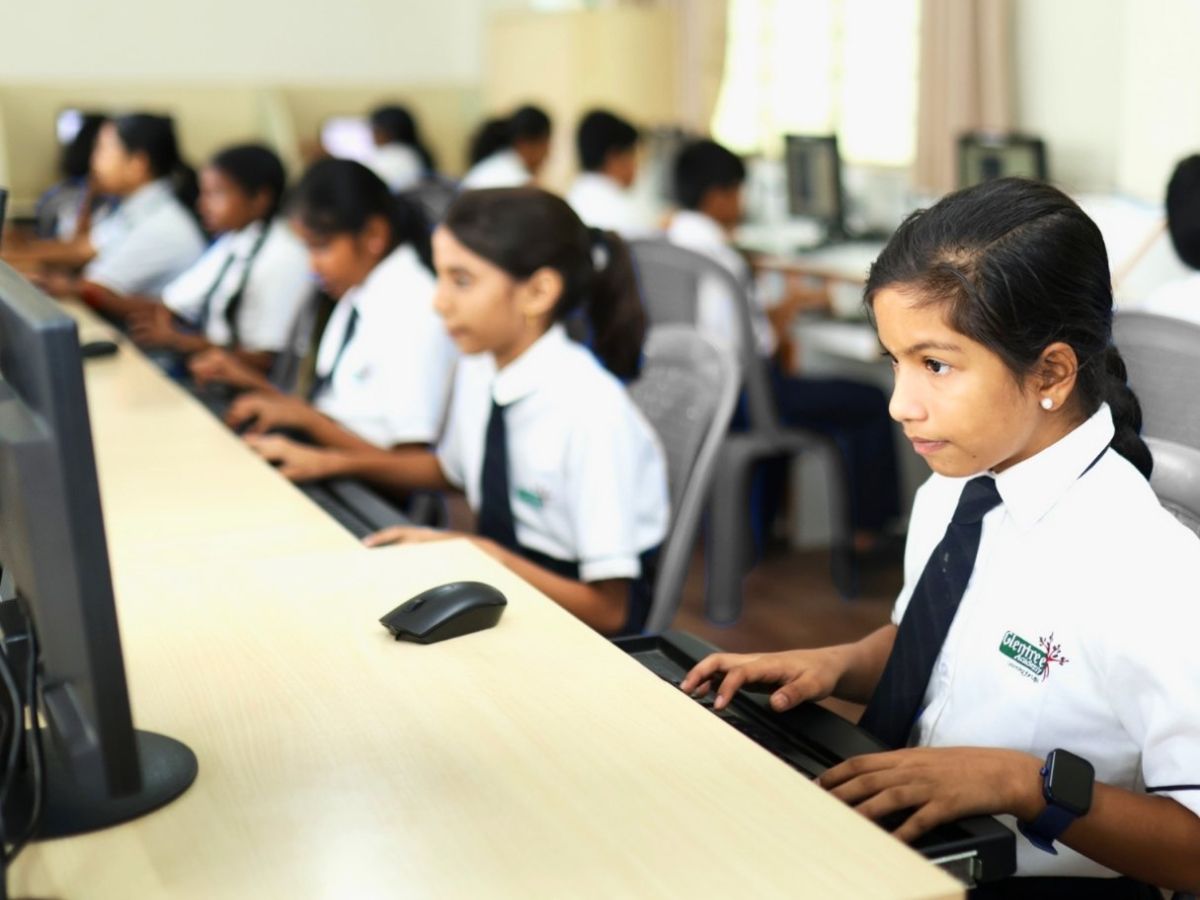Empowering Future Generations With Vocational Skills


Vocational Skills for a Brighter Tomorrow - Empowering the Next Generation
In today's fast-paced world, where robots reign, skill-based education is more crucial than ever before they steal our jobs! It empowers young people with the practical expertise needed to excel in their chosen careers and land their dream jobs (or create their own!). This, in turn, enables them to contribute meaningfully to the economy, develop essential soft skills (like not being a robot), and build a better future for themselves and the nation. The current generation needs a solid foundation of technical skills, knowledge and values to succeed in this brave new world of AI, automation, and (hopefully) human-friendly robots!
Vocational education provides an alternative learning pathway for students. It diverges from the traditional college or university route, focusing on STEM education, digital literacy, and occupation-specific skills. This pathway is carefully aligned with labor market needs and plays a vital role within the broader education framework. Effective vocational training programs, including apprenticeship programs, provide practical skills, connect students with employers, and help address technical skill shortages. Such programs typically exhibit the following key characteristics:
• flexible and modular course structures
• multiple entry points for learners
• credit-based progression systems
• clear pathways to certificate or diploma attainment
The rapid pace of technological change demands lifelong learning, upskilling, and reskilling. In response, there is a growing focus on experiential learning, certification programs, and online learning platforms.

Vocational institutes are now offering skill gap analysis to identify areas where students require additional training. This targeted approach enables learners to accumulate credits, work toward recognized certifications, and enhance their employment opportunities. Vocational courses go beyond trade-based skills, also fostering essential entrepreneurial skills, communication skills, and business management capabilities.
Unlike college education, vocational schools take a refreshingly focused approach, concentrating on skills relevant to a student's chosen career. This specialized training is also reflected in many CBSE schools in Bangalore, which offer vocational courses that prepare students for specific industries. This is achieved through practical, industry-standard vocational skills training and project-based learning, which bridges the gap between academics and real-world needs. Such an education system is specifically designed to make students "work-ready" upon graduation. By providing hands-on training in a professional setting, students develop industry-specific skills that enable them to seamlessly transition into their chosen profession and hit the ground running.
With employers increasingly emphasizing performance, learners are challenged to strive for excellence and become result-driven. Fortunately, the growing service industry presents numerous opportunities for self-employment and promising career prospects for those who are eager to succeed in a competitive and dynamic job market.
NEP 2020's vocational education plan can help students prepare for the future job market. By being innovative, working together, and adapting to change, vocational education can bring about a new era of learning that meets the needs of the industry. To make this vision a reality, schools can take the following steps:
Student-Led Ventures
Student-run enterprises such as cafes and tech repair services provide hands-on experience in entrepreneurship, teaching essential skills like financial literacy, leadership, and communication in a dynamic learning environment. Many CBSE schools are adopting this innovative approach to learning, empowering students to become future-ready entrepreneurs and leaders.
Industry Mentorship with Local Partners
Partnering with local businesses to offer internships fosters strong community ties and opens doors to collaborative opportunities. By engaging with school projects and campus programs, you can cultivate relationships with potential future talent and partners, driving mutual growth and success. Glentree Academy schools have partnered with Youvah, an internship platform for teenagers, providing students a chance to master trending technical skills as well as soft skills. They also provide internships with recognized organizations.
Innovation Hubs and Makerspaces
These tinker spaces in schools foster creativity, critical thinking, and problem-solving skills. Glentree Academy works on transforming traditional libraries into collaborative activity zones. Their in-house Glennovator Science and Math activity kits aid STEM education, thereby equipping students with industry-ready skills. Many CBSE Schools in Sarjapur Road have included features like tech-enhanced labs and various clubs as part of their curriculum. Students can tinker, design, and innovate, bringing ideas to life through hands-on learning, experimentation, and exploration.

Future Focus Career Discovery Programs
Exploring careers through real-world experiences like Job Shadowing, Industry Mentorship, Project-based Learning, Entrepreneurship Programs, Global Experts Sessions, etc. will help students gain career clarity, practical skills, industry insights, networking opportunities, confidence and self-awareness. Students get to try careers in culinary arts, coding, and automotive repair while discovering their vocational interests.
Talent Trade Days
On Skill Swap Days, students share skills, learn from peers, and participate in collaborative activities to develop problem-solving, communication, and teamwork skills. For example, a student who excels in coding teaches a workshop on programming basics, or one who is skilled in graphic design shares tips and tricks with peers, sharing their skills and expertise to achieve a common goal.
Vocational Training for Sustainable Future
This type of vocational training teaches students important skills while also showing them how to use those skills in a way that helps people and the planet. Students design, make, and sell environmentally friendly products, combining practical skills with social awareness to support noble causes. Sustainable agriculture training teaches students how to farm organically and minimize environmental impact. Social entrepreneurship programs encourage students to develop business ideas that address social and environmental issues.
Earth endeavor at Glentree Academy schools is a unique lab that provides an opportunity to develop lifelong skills by growing healthy food in a limited space using alternative sustainable resources.
Hackathons and Tech Challenges
Students develop innovative solutions to real-world problems, showcasing their skills and creativity. These events foster problem-solving, teamwork, and technical abilities while encouraging entrepreneurship. Examples of projects include:
- Devices to help people with disabilities
- Sustainable energy solutions
- Apps for social good
- New product designs
Vocational skills training is crucial for empowering the next generation with practical expertise. It enables them to succeed in their chosen careers and contribute to the nation’s economy. Schools play a vital role in this endeavor by providing innovative learning spaces, industry partnerships, and hands-on training. At Glentree Academy, we are committed to this vision through initiatives such as our Earth Labs, various clubs, and real-life internships that equip students with the skills, creativity, and entrepreneurial mindset needed to thrive in a rapidly changing job market and create a brighter future.
